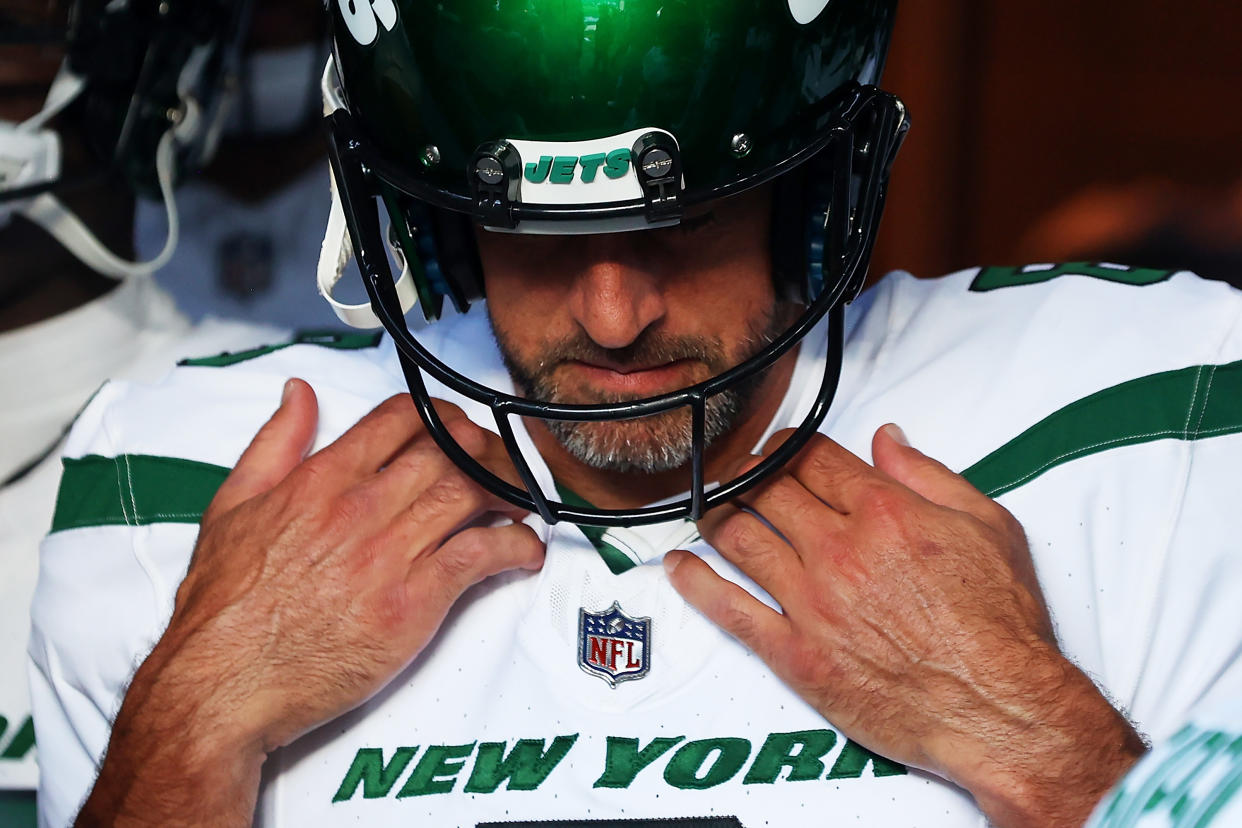Disney and Charter Patch Up ‘Broken’ Pay TV Model, Sign Distribution Agreement

One of the most closely observed distribution impasses in the history of technology, media and telecom has been resolved, with Disney and Charter Communications agreeing on a new contract that will restore ESPN, ABC and 17 other Disney networks to Charter’s Spectrum TV program guide.
The channels had been blacked out for the cable company’s 14.7 million TV customers since August 31.
With both sides diverting live-sports-craving Charter video customers to virtual pay TV services including Hulu Plus Live TV and YouTube TV in recent weeks, Charter’s video ranks are undoubtedly fewer.
And with Disney making certain concessions, the list of more than 25 channels that Charter was once forced to distribute has been reduced to 19. (Networks that will no longer be included in Spectrum TV video packages include Baby TV, Disney Junior, Disney XD, Freeform, FXM, FXX, Nat Geo Wild, and Nat Geo Mundo.)
But the deal did restore the Disney channels ahead of ESPN's scheduled presentation of the highly anticipated season-premiere Monday Night Football matchup between the Buffalo Bills and New York Jets.
Under terms of the deal, Charter will pay an unspecified fee increase to Disney. (The conglomerate has described these rate increases as being "very strong.") However, the cable company secured wholesale pricing on Disney streaming services.
This will allow, in the coming months, Charter to bundle the ad-supported Disney Plus Basic and ESPN Plus with its popular Spectrum TV Select programming package. ESPN's much-discussed DTC product will also be available to Spectrum TV Select users when it launches.
Disney will get added distribution for its $6.99-a-month Disney Plus ad tier, which only had around 3.3 million subscribers as of June. According to equity analyst Craig Moffett, Charter has between 9 million - 10 million subscribers in its Spectrum Select tier.
And this deal term seems particularly important: “Charter will maintain flexibility to offer a range of video packages at varying price points based upon different customer viewing preferences.”
Key to Charter's dissonance has been guaranteed minimum clauses that compel pay TV providers to force channels on consumers they don't watch.
The distribution skirmish was set apart by Charter's notably aloof posture — the cable company seemed sincerely ready to forfeit the network it concedes is the “linchpin” to its video offering, ESPN, and move onto a post-cable-TV world.
As Moffett astutely noted Monday morning before the announcement of the deal, a typical cable plant will use around 56% of its capacity on quadrature amplitude modulation (QAM) video. So freeing that capacity up would render a huge speed benefit to what is now Charter's most profitable product, high-speed internet connectivity.
Then again, video remains a sticky churn-buster for internet service packages. And being able to supply Disney streaming products at wholesale proved an attractive enticement for Charter.
The respective CEOs of both companies, Disney's Bob Iger and Charter's Christopher Winfrey, released this statement:
“Our collective goal has always been to build an innovative model for the future. This deal recognizes both the continued value of linear television and the growing popularity of streaming services, while addressing the evolving needs of our consumers. We also want to thank our mutual customers for their patience this past week, and are pleased that Spectrum viewers once again have access to Disney’s high-quality sports, news and entertainment programming, in time for Monday Night Football.”
